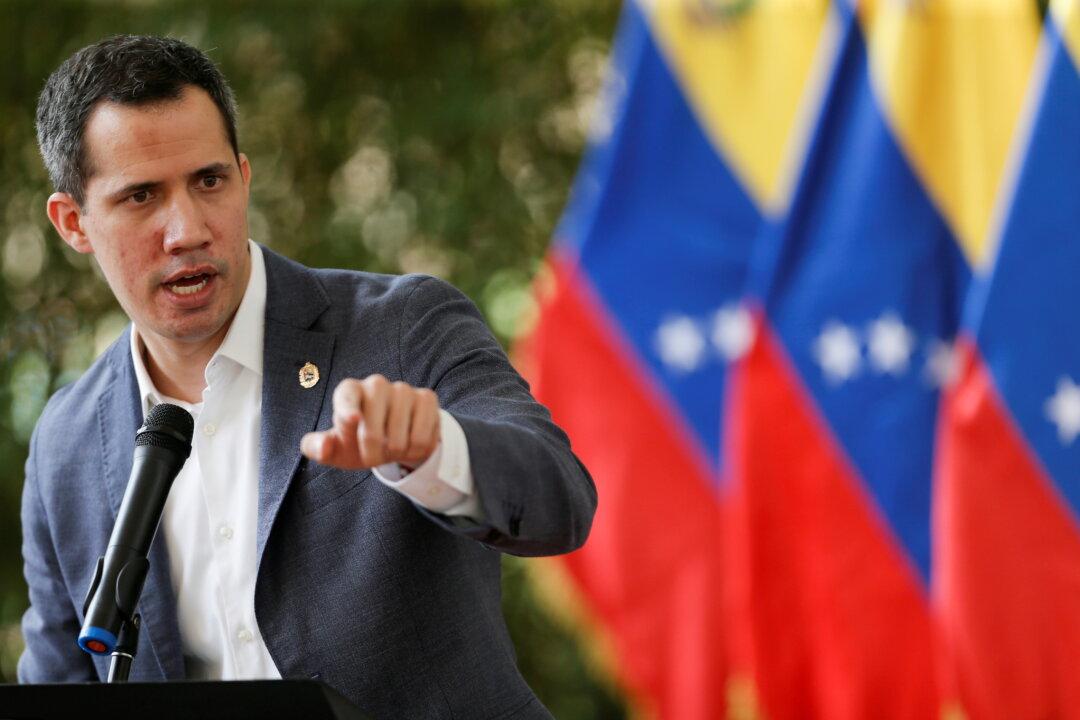LONDON—The British government reiterated on Monday that it recognises opposition figure Juan Guaido as Venezuela’s president, a move aimed at quashing a bid by the Nicolas Maduro-backed Venezuelan central bank to repatriate nearly $1 billion of its gold stored in London.
Legal teams representing Maduro and Guaido will be at the UK Supreme Court on Monday in the latest stage of a long-running tug-of-war over what amounts to about 15 percent of Venezuela’s foreign currency reserves.





